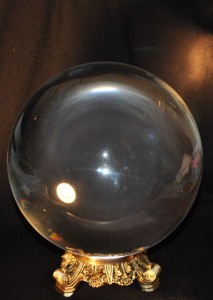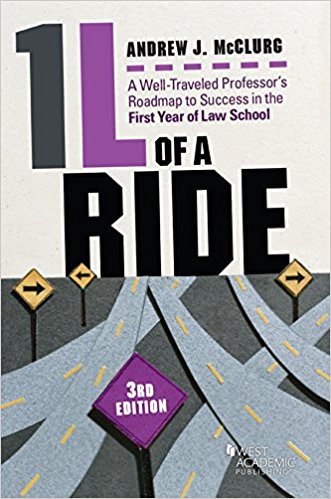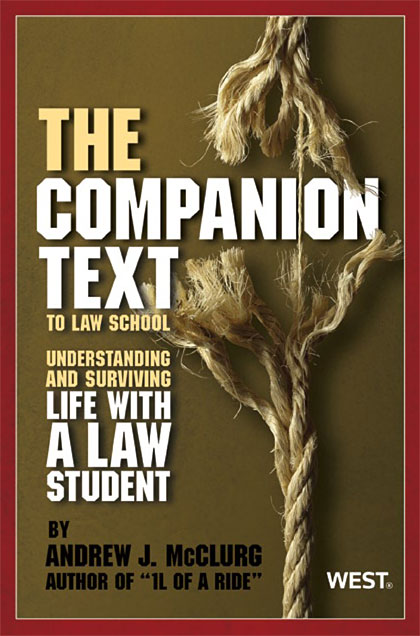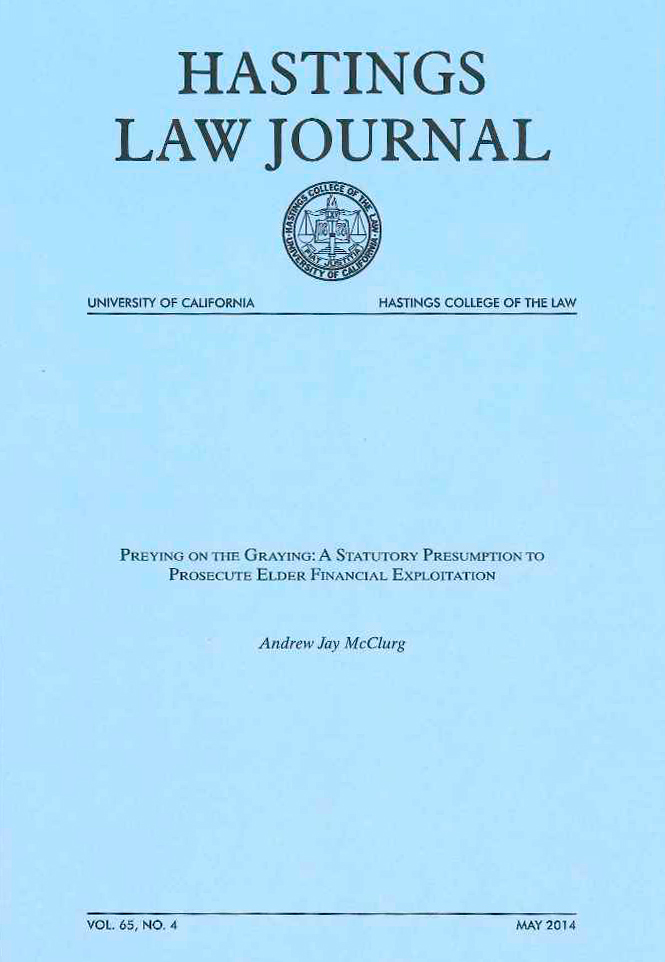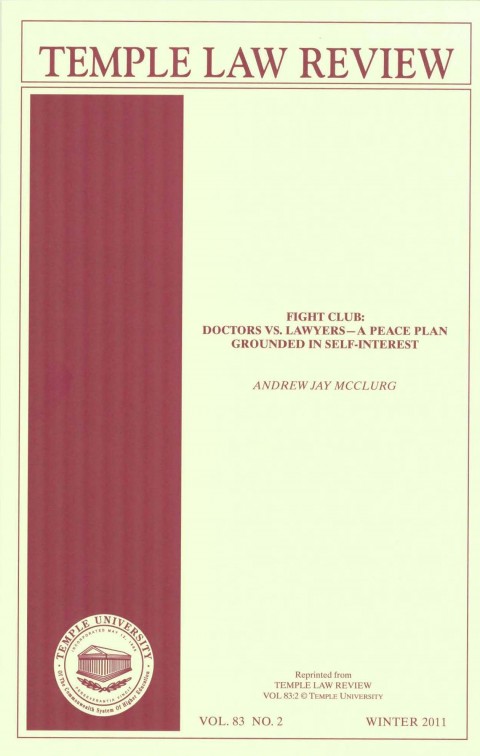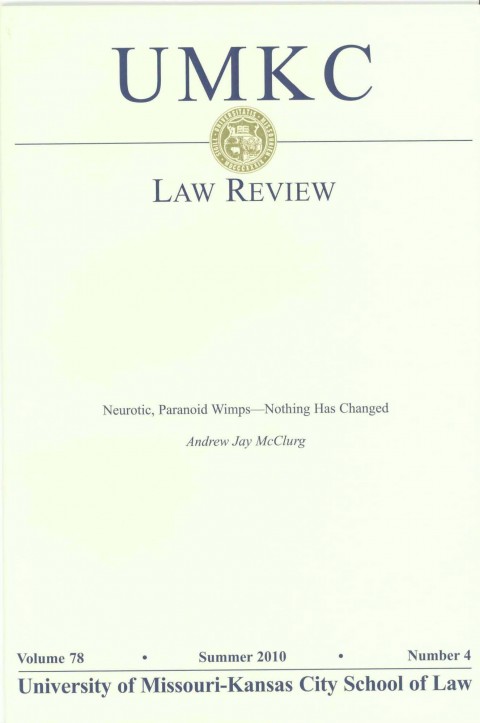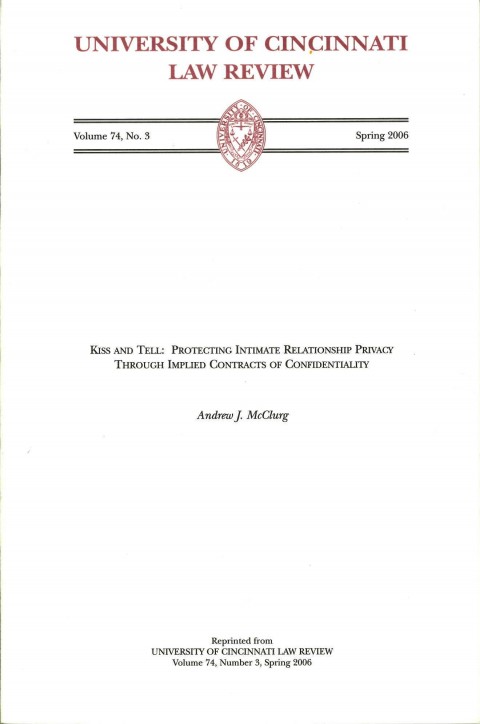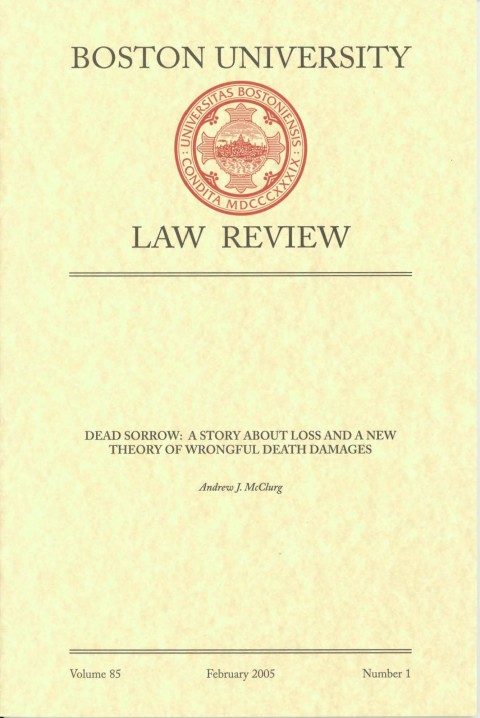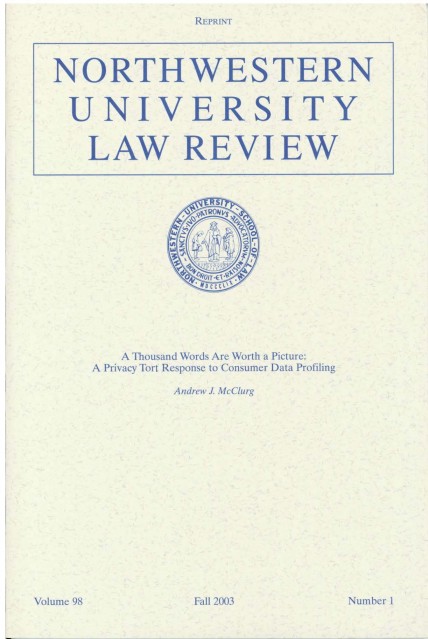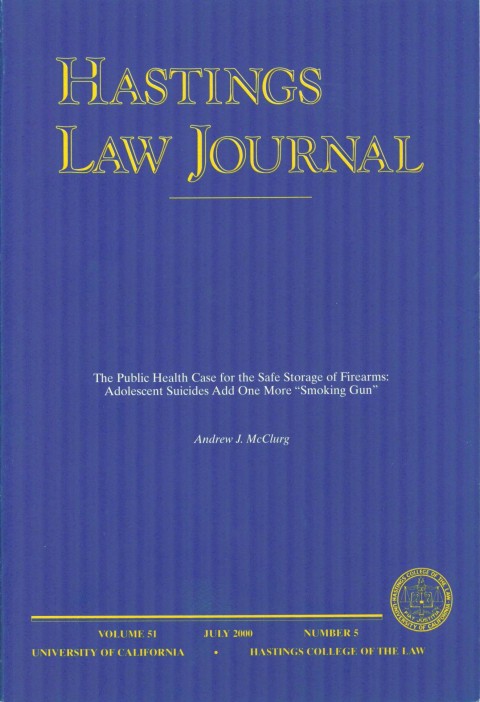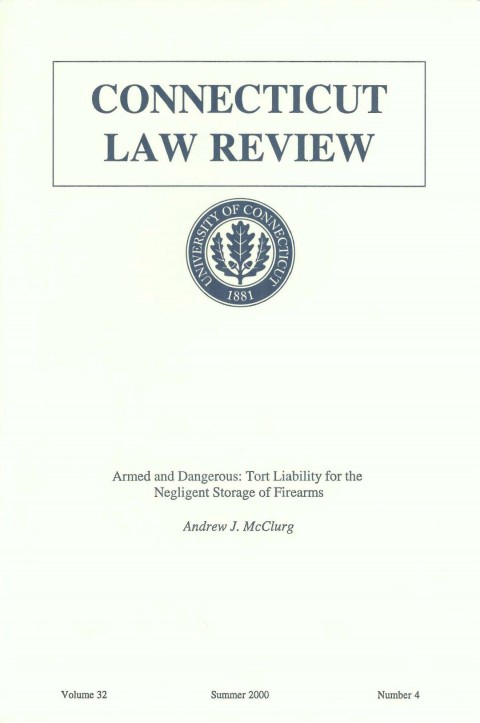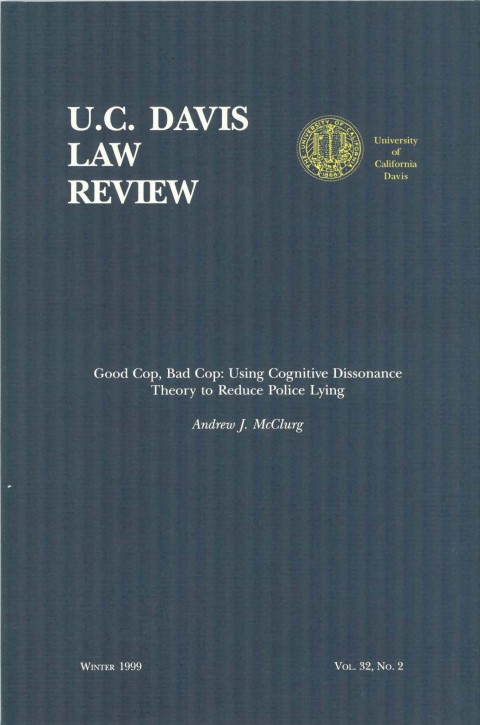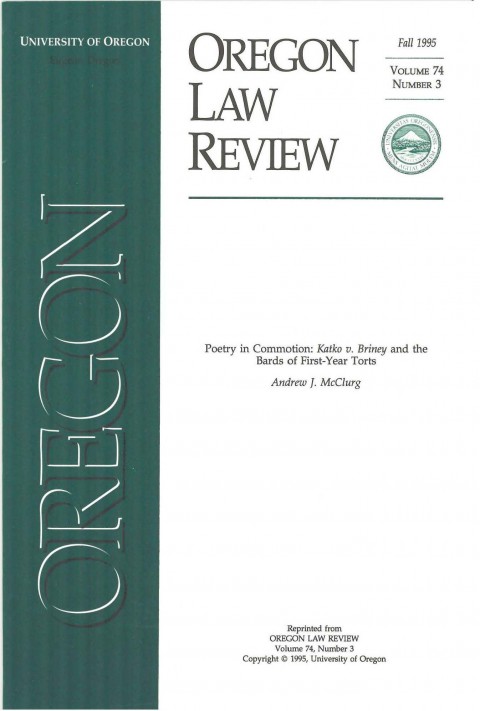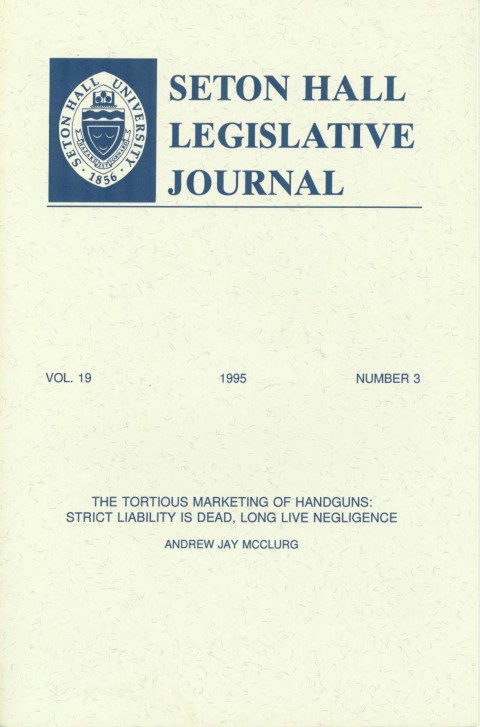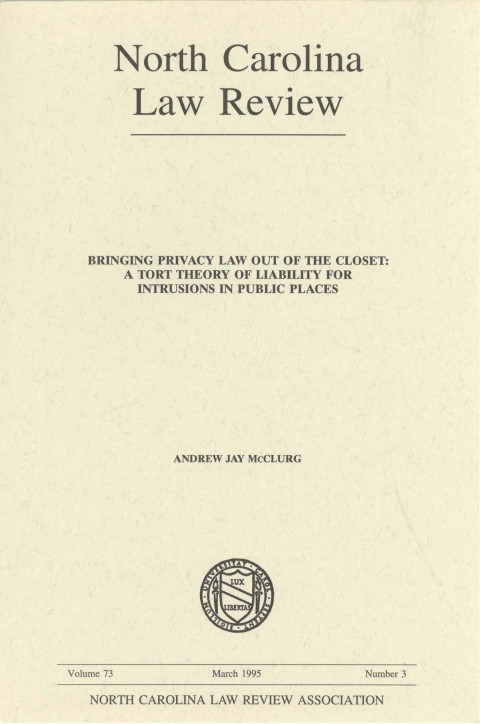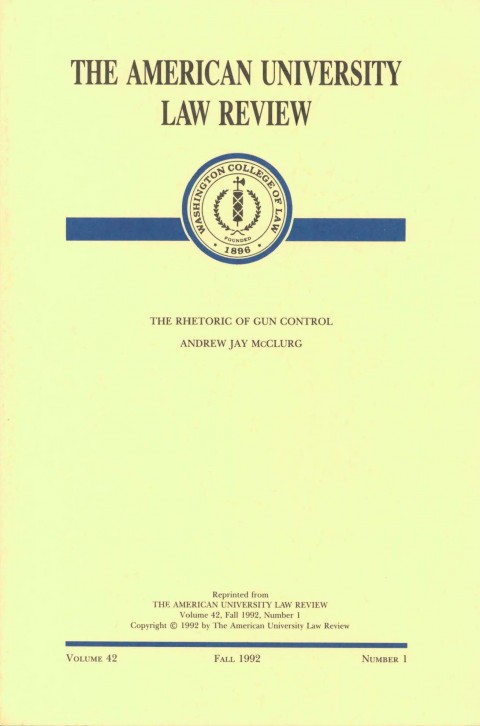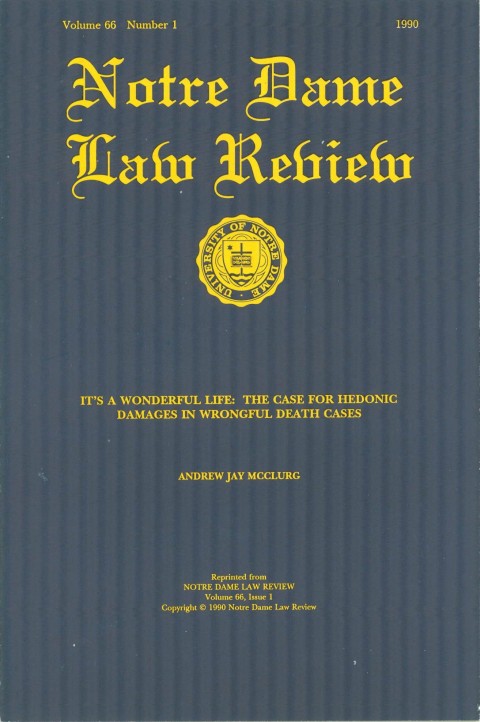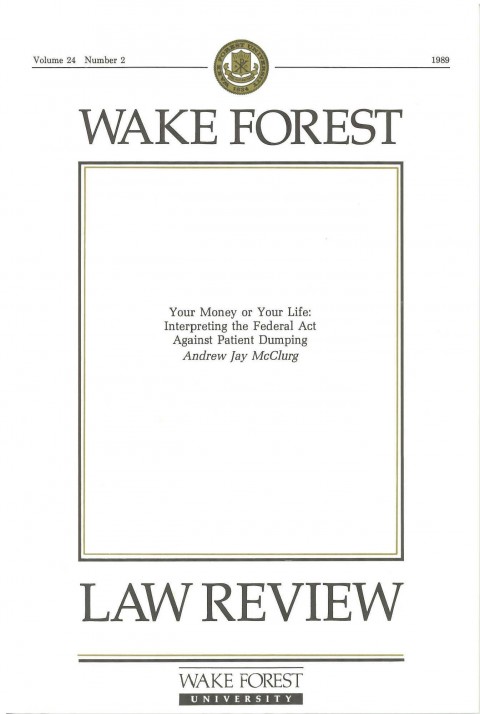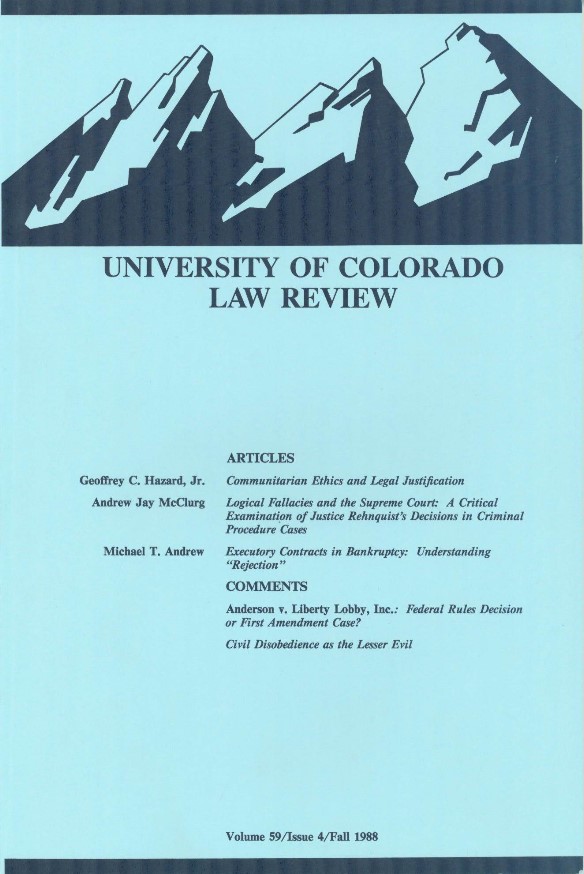Undocumented reports of weird laws, funny “real life” litigation transcripts, and outrageous lawsuits have been circulating for decades. Some of them are the same stories I read back as a practicing lawyer 30 years ago. People send them to Lawhaha.com all the time, but we never post them because they lack documentation.
Scott Martin’s email below prompted us to think more about the issue and to start a category for Legal Mythbusters. Lawhaha.com would love be the Annenberg Fact-Check center for legal humor, but we don’t have the resources. Actually, we won’t have any resouces. So we’re depending, as always, on you, the loyal Lawhaha.com reader.
If you have any information about whether famous legal tales are “real” or just “tall,” let us know. Meanwhile, here’s Scott’s thoughtful email:
Dear Professor McClurg:
I would very much appreciate your take on two odd phenomena that have long plagued my sensibilities as a lawyer: strange legal transcript excerpts and strange laws.
As you likely know, the “transquips” are humorous sections taken from the transcripts of “real trials.” They vary from Henny Youngmanish one-liners:
Q. Doctor, did you say he was shot in the woods?
A. No, I said he was shot in the lumbar region.
To those with the long setup and stinging punch line:
Q: Doctor, before you performed the autopsy, did you check for a pulse?
A: No.
Q: Did you check for blood pressure?
A: No.
Q: Did you check for breathing?
A: No.
Q: So, then it is possible that the patient was alive when you began the autopsy?
A: No.
Q: How can you be so sure, Doctor?
A: Because his brain was sitting on my desk in a jar.
Q: But could the patient have still been alive nevertheless?
A: Yes, it is possible that he could have been alive and practicing law somewhere.
As to “Strange Laws” here are a few attributed to my home state of Florida:
If an elephant is left tied to a parking meter, the parking fee has to be paid just as it would for a vehicle. It is illegal to sing in a public place while attired in a swimsuit. Men may not be seen publicly in any kind of strapless gown. Having sexual relations with a porcupine is illegal.
You can find these things for all 50 states and countries throughout the globe.
The internet is rife with both of these forms of legal humor, and numerous books have been written on both subjects.
To me, these constitute legal humor—really humor of any kind—but only if they are true. However, I never, ever, ever see any accompanying citation to the cases or statutes from which these tidbits are taken. That really bugs me. While we don’t expect a joke to be traceable back to its creator, the very nature of these two types of humor suggests that they could be easily verified. If it’s from a transcript, there is a written record traceable to a particular case. If it is a law, there should be a citation (aside from common law, which I doubt speaks to securing pachyderms to parking meters).
… [W]hy do these claims persist? Is it the same explanation as for “urban legends”— i.e., the more ridiculous the claim, the more likely it is to be believed?
Sincerely,
Scott Martin
I agree. If these come from official transcripts and laws, let’s see some proof.
— Thanks to Scott Martin for helping to keep legal humor honest.
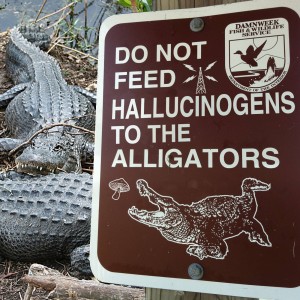 This sign warning “Do Not Feed Hallucinogens to Alligators” would be amusing if it were real, but it’s not.
This sign warning “Do Not Feed Hallucinogens to Alligators” would be amusing if it were real, but it’s not.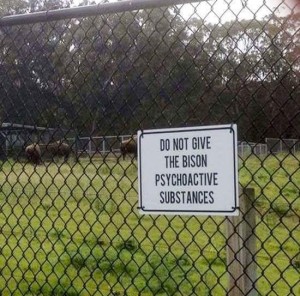 But George had also sent a second similar photo: “Do Not Give the Bison Psychoactive Substances.” This one looked real.
But George had also sent a second similar photo: “Do Not Give the Bison Psychoactive Substances.” This one looked real.
